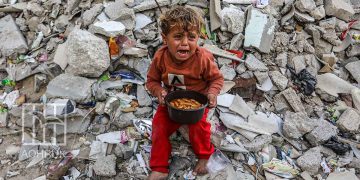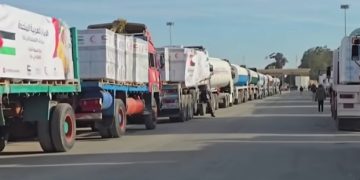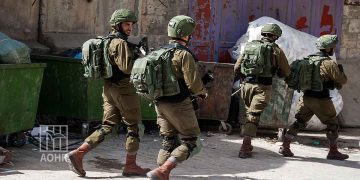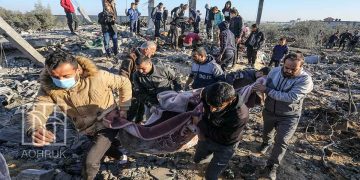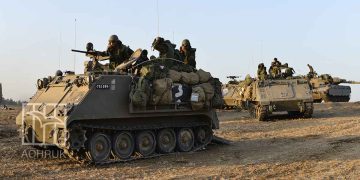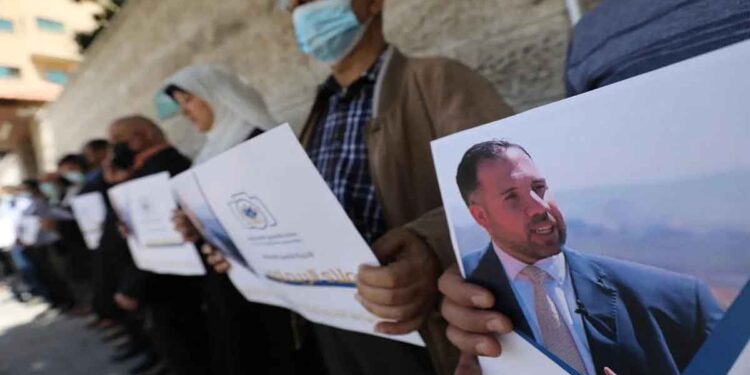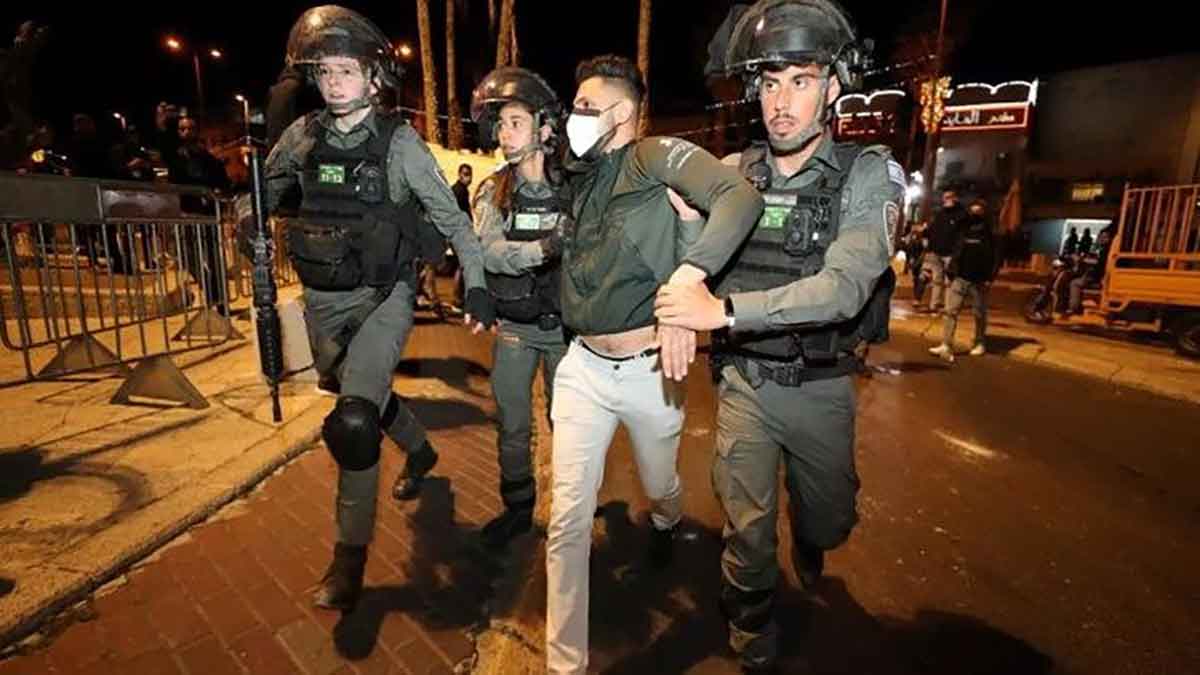The Palestinian journalist Alaa al-Rimawi, 43 years-old, began a hunger strike the moment he was arrested on 21 April, after the occupying force issued a three-month administrative detention order against him.
Rimawi works for Aljazeera Live, and also runs G Media. He has previously been a prisoner of Israel for over 10 years, part of which included administrative detention.
The occupying authorities have held the journalist in particularly harsh conditions – often in solitary confinement – in the Ofer prison, in west Ramallah, as his brother Yahya al-Rimawi has told the media.
This is not the first time that Alaa has been administratively detained due to his work; he always begins an open strike from the moment of his arrest, Yahya has said.
However, Yahya explained, this time is different. Alaa has suffered a number of abuses whilst in prison, including being denied water and even light for a 24-hour period – both of which hugely affect his health, as he continued with a hunger strike. After vomiting blood, Alaa was taken to the hospital.
On World Press Freedom Day, 16 Palestinian journalists remain in Israeli prisons. Through such pressure on Palestinian journalists, the occupying force aims to hide its crimes.
According to an official Palestinian report, the Israeli occupation committed 778 violations against Palestinian journalists through 2020-2021.
Since the beginning of this year, the occupation’s authorities have harassed and arrested Palestinian journalists and activists, increasing the number of rights violations – with a policy of administrative detention amongst the most important used against journalists, with the occupation currently detaining four of them using this method.
Administrative detention involves imprisonment by military order without trial, for up to six months, which can be extended.
The occupying force has arrested hundreds of Palestinians for so-called “incitement” on social media, including journalists, students, academics, and activists.
The occupation force currently holds approximately 4,400 Palestinians, including 39 women, 155 children, and around 350 administrative prisoners, according to the relevant institutions.

